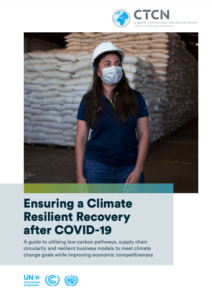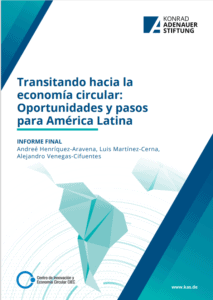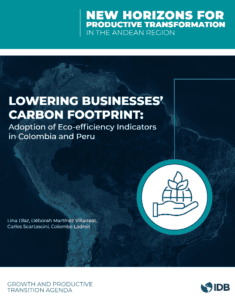 The Covid-19 crisis has highlighted the importance of developing more resilient, inclusive, equitable, and sustainable societies and economies capable of withstanding future crises, natural disasters, and other potential threats. Our energy, health, and economic systems are at a moment of profound transformation resulting from the impact of the pandemic. The disruption from Covid-19 has sent a shock through global markets and resulted in a projected 20% decline in global (energy) investment in 2020. Yet unlike the global financial crisis of 2008, the challenging environment today encapsulates both a financial and a health crisis with links to biodiversity destruction and climate change.
The Covid-19 crisis has highlighted the importance of developing more resilient, inclusive, equitable, and sustainable societies and economies capable of withstanding future crises, natural disasters, and other potential threats. Our energy, health, and economic systems are at a moment of profound transformation resulting from the impact of the pandemic. The disruption from Covid-19 has sent a shock through global markets and resulted in a projected 20% decline in global (energy) investment in 2020. Yet unlike the global financial crisis of 2008, the challenging environment today encapsulates both a financial and a health crisis with links to biodiversity destruction and climate change.
The uncertainty of long and complex supply chains, global production methods, and value chains have demonstrated supply challenges, experienced acutely during the Covid-19 pandemic. In seeking resilience, companies are looking for shortened supply chains and enhanced resource efficiency, sustainable consumption, and production. While companies need to consider the potential impact of local supply on local emissions (consumption versus production debates) they are becoming increasingly averse to the risks posed by the concentration of upstream actors and the impact of single suppliers within supply chains. Circularity approaches would benefit from strong industry targets for waste and re-use, as well as incentives to promote extending product life and remanufacturing. Unlocking circularity involves a rethink across the value chain that encompasses the whole lifecycle of an asset, from how it will perform throughout its service life, to how it can be taken apart and its parts re-used.
This guidebook is framed into 4 core areas in which the CTCN Secretariat receives the most requests from its engaged countries. This guidance can aid countries and direct their CTCN requests towards the broad scope of green recovery actions across sectors. Responding to such requests for technical assistance requires the active engagement of network members and NDE collaboration
Check out the document: https://www.ctc-n.org/sites/www.ctc-n.org/files/CTCN-COVID-final.pdf



